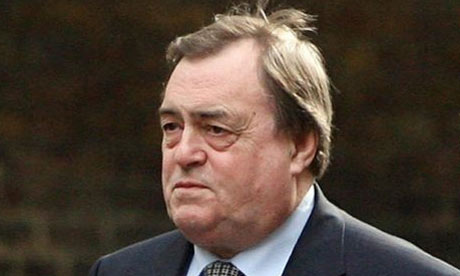This column was published in the Waikato Times on 1 September
 In September 1938 British Prime Minister Neville Chamberlain returned from a conference at which Britain and France had agreed to Hitler’s annexation of the Sudetenland in Czechoslovakia. He spoke to a crowd outside Downing Street: “I believe it is peace for our time…And now I recommend you to go home and sleep quietly in your beds.â€
In September 1938 British Prime Minister Neville Chamberlain returned from a conference at which Britain and France had agreed to Hitler’s annexation of the Sudetenland in Czechoslovakia. He spoke to a crowd outside Downing Street: “I believe it is peace for our time…And now I recommend you to go home and sleep quietly in your beds.â€
Appeasement was an early attempt to cope with the threat of Nazi Germany. It’s not my purpose here to make any judgment on its wisdom. The point is that it didn’t remove the threat. Within one year of Chamberlain’s reassurance war had been declared. Within two years the Londoners recommended to sleep quietly in their beds were being blitzed by German bombers and sleeping in air raid shelters.
Why raise this in a column on the Eco-issues page? Because, prompted by observations in British MP Colin Challen’s recent book Too Little, Too Late, I see the appeasement stage of dealing with Nazism as analagous to what our government is currently offering in the face of climate change. Yes, there is a belated recognition that global warming poses a threat to the future. But there is also a vain hope that something less than full engagement with that threat will make it go away. 10 to 20% emissions reduction by 2020, 50% by 2050. We can all sleep quietly in our beds.

 Oxfam climate change reports keep coming.Â
Oxfam climate change reports keep coming.  Australian scientist and coral reef expert
Australian scientist and coral reef expert  John Prescott, whose activities in the lead-up to Copenhagen I drew attention to in an earlier
John Prescott, whose activities in the lead-up to Copenhagen I drew attention to in an earlier  A short item in today’s Herald
A short item in today’s Herald